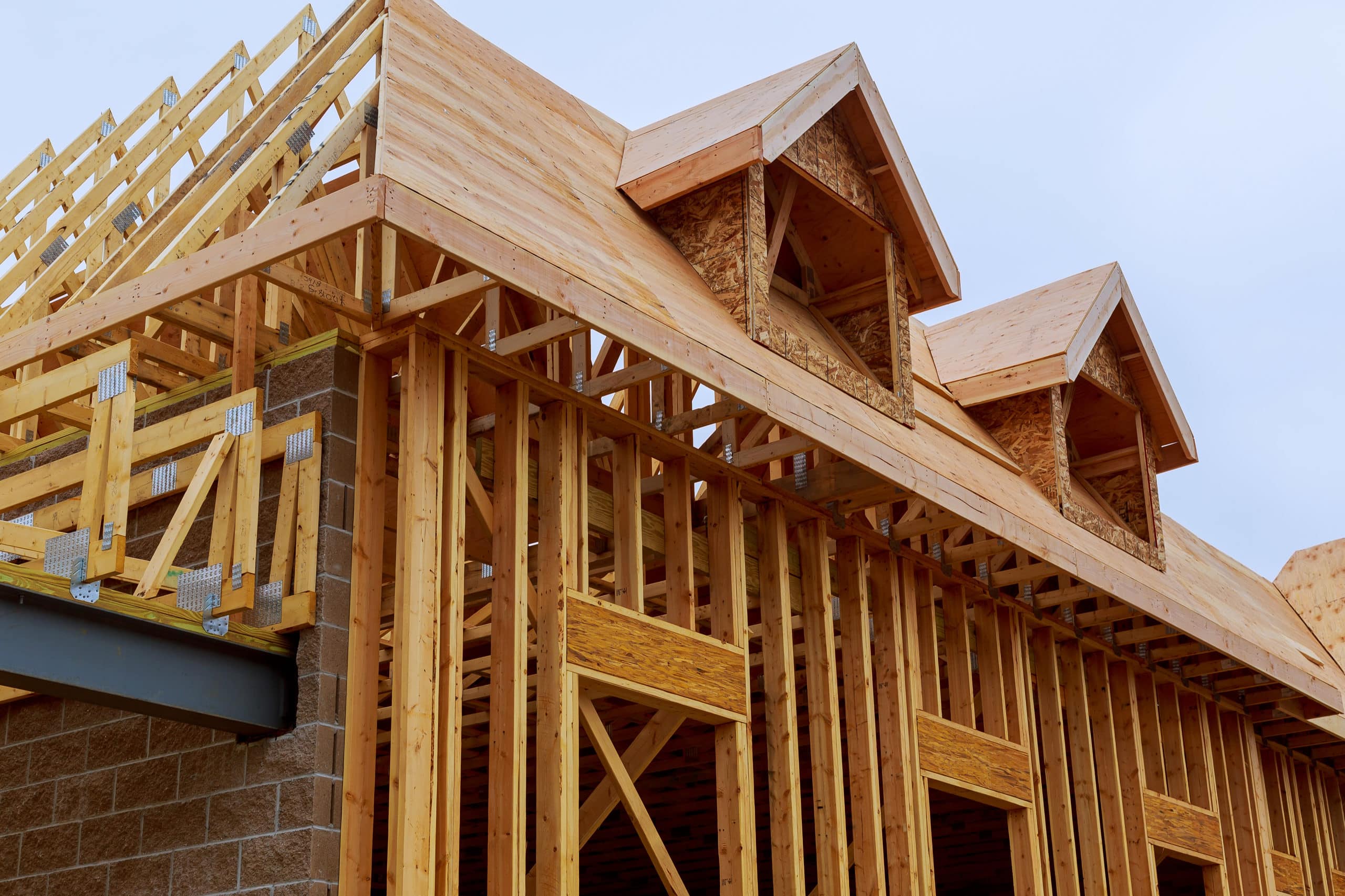The Weyerhaeuser Company has issued a notification that its TJI Joists with Flak Jacket Protection coating contain formaldehyde that could be off-gassing into homes. It is believed that exposure could be causing health problems for homeowners.
Ongoing exposure to formaldehyde can cause feelings of sickness, including sore throat, scratchy eyes, nosebleeds, and a cough. Long-term exposure is considered carcinogenic. Those who suffer from chronic health conditions, as well as the elderly, young children, and pregnant women face a higher risk for health complications from exposure.
How Can You Tell If Your Home Has Weyerhaeuser TJI Joists with Flak Jacket Protection?
Only homes built after December 2016 are affected by problems with Flak Jacket Protection off-gassing. The formula for building the joists was changed that year.
Homes located in the following states could be affected:
- Colorado
- Delaware
- Minnesota
- New Jersey
- New York
- Pennsylvania
The following builders used TJI Joists from Weyerhaeuser:
- Toll Brothers
- Richmond America Homes
- CalAtlantic Homes
- Hovnanian Homes
If you’ve purchased a home built by any of the above builders in any of the listed states that was completed after December 2016, you could be eligible for compensation.
Homeowners have reported a “pickling” odor that is believed to be associated with the off-gassing. Formaldehyde produces a noticeable odor and can cause a variety of health complications, including feelings of sickness, such as sore throat, scratchy eyes, nosebleeds, and a cough. Long-term exposure to formaldehyde is also believed to be carcinogenic.
Weyerhaeuser Releases Statement on TJI Joists
Weyerhaeuser alerted builders and the public to issues with the company’s TJI Joists with Flak Jacket Protection coating via a press release. The company did not issue an official recall, but it is compensating those affected for the repair or replacement of joists in their home. It has also stopped “production, sales and shipments” of the TJI Joists Flak Jacket Protection product and is collecting unused products from consumers.
Homeowners affected by the off-gassing could also be eligible for additional compensation.
Class Action Lawsuits Related to TJI Joists
Class action lawsuits are currently underway on behalf of homeowners. The lawsuits claim the TJI Joists are off-gassing at levels exceeding safety standards, putting homeowners at risk for health complications. Lawsuits also allege the joists were defectively designed and manufactured, and have made many homes uninhabitable.
Those who take legal action against Weyerhaeuser could be eligible to recover compensation for the costs associated with repairing or removing the joists, as well as medical monitoring, relocation expenses, ongoing monitoring formaldehyde levels, lost wages, and any other costs associated with the delay of a home sale or purchase. Homeowners might also be eligible for compensation related to a decrease in the value of their home due to the use of the joists.
Every case is different. In order to qualify for compensation related to the TJI Joists Flak Jacket Protection coating you’ll need to have purchased a home completed after 2016 and built by Toll Brothers, Richmond America Homes, CalAtlantic Homes, or K. Hovnanian Homes, and located in Colorado, Delaware, Minnesota, New Jersey, New York, or Pennsylvania.
If you would like more information about Weyerhaeuser’s TJI Joists or the use of these joists has caused problems in your home or with the purchase of your home, you could be eligible for compensation. To learn more, contact an attorney.
